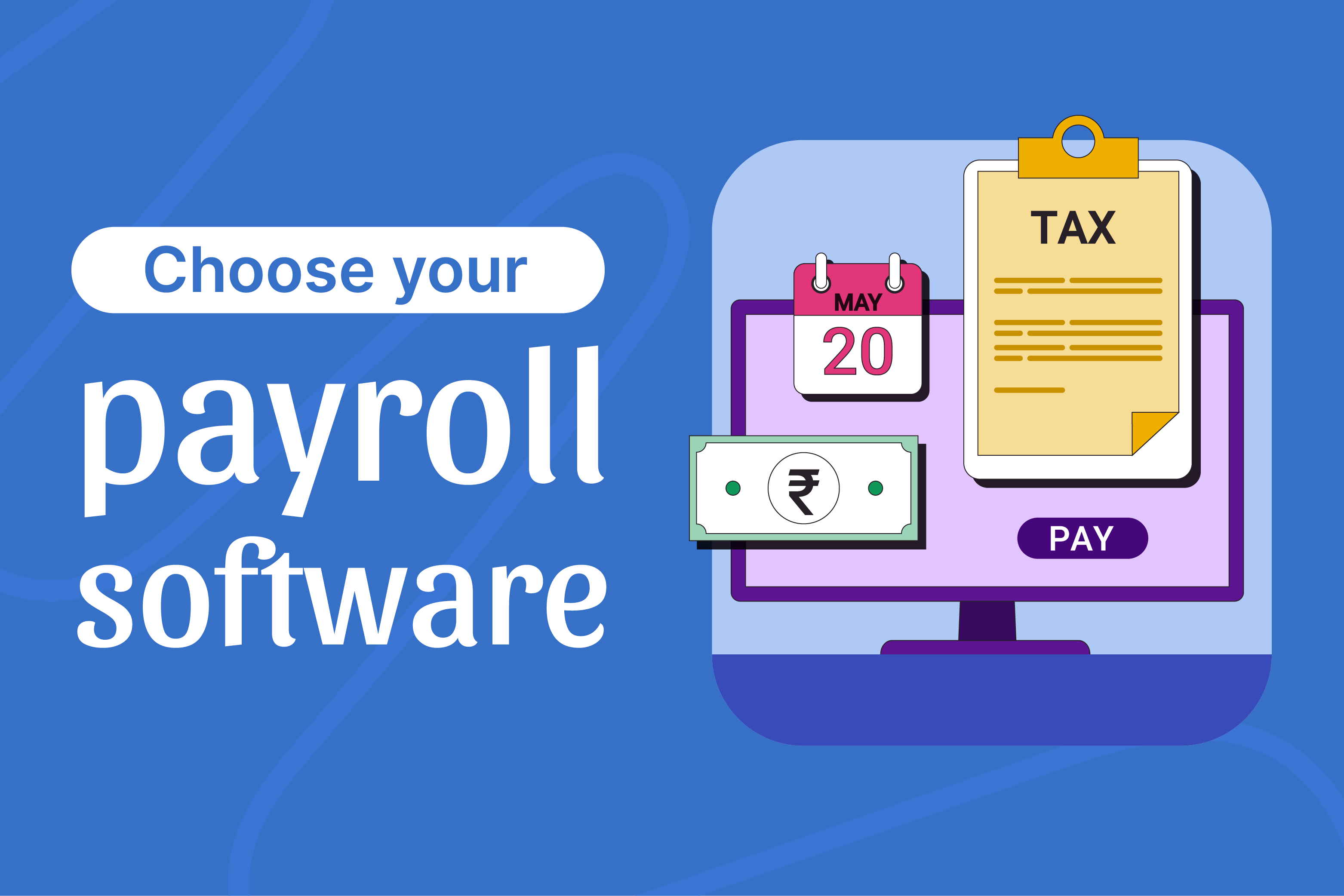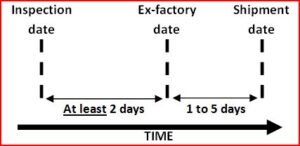The importance of payroll software Singapore cannot be overstated. It helps organise and gather information about one of the most significant business expense categories: the money paid to staff for their hard work. Additionally, payroll accounting involves keeping track of and withholding payroll taxes.
Beyond understanding the impact of payments on your bottom line, payroll accounting ensures fair compensation for employees’ efforts and time. Federal and state agencies require businesses to subtract payroll taxes from payroll checks and supplement them with employer contributions.
Salaries and Wages
The amount on each paycheck depends on whether employees are paid a salary or hourly wage. Hourly workers earn a specific amount for each hour of service they render. The Department of Labor typically requires that employees be paid overtime wages of one-and-a-half times their usual rate when they work more than 40 hours a week. Exceptions are made for employees who qualify for overtime exemptions or work certain types of sales jobs.
On the other hand, salaried workers earn a fixed amount each week, regardless of whether they work more or less than the standard 40 hours per week.
Hours
Accurately tracking employee hours ensures precise paycheck information and helps gather data on how the business spends its payroll funds. Asking staff to log hours based on the type of work done (e.g., customer service vs. production) can help compile data and assess spending in each category.
The information gathered can be instrumental in improving the bottom line. For instance, if payroll data indicates higher spending on customer service than on production, it might prompt the introduction of new efficiencies in the customer service department.
Filing Taxes
The federal government requires periodic filing of employment tax forms, and most states follow a similar schedule. Keeping a close track of amounts paid to staff and taxes withheld simplifies filling out tax forms.
When you register as an employer with the federal government, the Internal Revenue Service (IRS) assigns you a federal tax payment schedule, which can be weekly, monthly, or quarterly. Depending on the schedule, you can make periodic transfers online or pay the entire quarterly amount upon filing your tax form. As payroll tax obligations increase and your business grows, the IRS may adjust the filing schedule to require more frequent payments.
Tax Withholding
The federal government requires withholding income taxes from employees’ paychecks and remitting them periodically. Income tax withholding amounts are based on employees’ earnings and the filing status indicated on their W-4 forms.
Additionally, amounts for Medicare and Social Security must be withheld, and employer contributions to these funds must be made. As of 2012, the Social Security tax withholding rate is 5.65 per cent of the gross wage, with the combined employer contribution at 7.65 per cent of the gross wage. Payroll tax rates can vary by state, with some states having no income tax at all.
Conclusion
Payroll accounting is essential for maintaining financial health and compliance in any business. It ensures employees are fairly compensated and that all tax obligations are met. Understanding and effectively managing payroll accounting, businesses can streamline operations, reduce errors, and make informed decisions to support growth and efficiency.



